Being stoned comes with a wealth of side effects – some of which are just part of the fun, while others have been known to get smeared all over a person’s psyche, causing them to gawk out the window every thirty seconds to see if the cops are coming up the stairs.
Perhaps the least discussed byproduct of the bud, however, is its uncanny ability to send the user into a maddening state of introspection. Cannabis can make individuals more attuned to their bodily sensations, emotions, and inner thoughts, which can contribute to this introspective state. Weed can often inspire the high-minded to start questioning their life choices, setting them on a path of self-doubt, self-loathing, and self-destruction.
Listen, it happens to the best of us. One minute you’re out in the big bad world, moving, shaking, kicking ass and taking names and the next, you’re stoned, suffering from imposter syndrome, and reconsidering every move you’ve ever made since you were old enough to call the shots.
Jeez, thanks a lot, weed!
Life is hard enough without a cloud of smoke infiltrating our brains, acting like the overpaid life coach we never asked for or wanted. Or worse still, the THC-infused equivalent of nagging, unsupportive parents telling us repeatedly that we’ll never succeed in our chosen career path and how we’re much better off working a menial 9-to-5 with retirement benefits.
Marijuana, for all of its medicinal advantages and simple pleasures, can be a real son of a bitch sometimes. Although it positively affects some users’ mental health, it can also drag them down a rabbit hole of negativity. And if there’s a morsel of anti-faith within, rest assured pot will go deep to find it.
Some of The Bluntness readers we talked to about their experience with high introspection confirm that it can be a devil of a problem. Heather, a 32-year-old mother of two and small business owner from Carbondale, Illinois, told us she’s been going through it – big time! She explained that ever since weed went legal in the Land of Lincoln, she’s been using it to help her sleep at night.
While the plant initially helped Heather get more rest, something changed in recent months. Now, as she explains, her stoned head keeps spinning when she should be winding down for the night.
“I was sleeping really well,” she said, “and then one night I got high, and all these negative emotions came to the surface and kept me awake. I felt like a failure as a mom and a businesswoman.”
Heather’s stoned-out battles with her bully of a self-conscious happened night after night until she finally opted not to partake. “As soon as I stopped using it before bed, I was fine,” she said. “I mean, I went back to not sleeping very well, but at least I wasn’t dealing with such harsh emotions.”
Studies suggest that weed can improve or cripple a person’s mental health. None of them, though, focus on imposter syndrome, a mental health condition in which a person doubts their talent, skill, or position, making them believe they’re a fraud. Research shows that around 70 percent of the population suffers from it, which is funny considering how many people are on social media trying to convince the world that they’re confident, put together and super-freaking-talented.
Just know that a lot of that confidence is a sham.
Unless they are true narcissistic, soul-sucking psychopaths, there’s doubt behind the eyes of the self-assured. And if they use marijuana – 16 percent of Americans do regularly – there’s a possibility that similarly to Heather, the imposter syndrome is exaggerated during those quiet moments alone..
Cannabis as a Tough, Yet Helpful Guide?
Not everyone, however, considers it a downside when weed starts revealing pieces of themselves that they’d rather not face. Terrance, a 42-year-old from San Diego, California, thinks cannabis provides a person with what they need to progress at a spiritual level. And sometimes, that gift makes us uncomfortable. “Weed brings joy to those who need it, and it makes some see things about themselves that they may have pushed down deep inside,” he said. This process can facilitate self-discovery and personal growth by revealing hidden aspects of oneself.
By his own admission, Terrance’s experiences with high introspection haven’t always been pleasant.
“There have been times in my life when I’ve disregarded responsibility in pursuit of lies,” he explained. “Cannabis has shown me several times that I’m not where I’m supposed to be. It has been a guide.” This heightened sense of self-awareness allows for meaningful self-reflection, helping individuals confront buried emotions and gain clarity about their thoughts and feelings.
The Impact of Consuming Cannabis on Mental Health
Consuming cannabis can be a double-edged sword when it comes to mental health. On one hand, it can be a soothing balm for those grappling with anxiety and depression, offering a much-needed respite when used in moderation and in the right setting. Recent research has shown that cannabis can help alleviate symptoms of these conditions, providing a sense of calm and well-being that can be hard to come by otherwise.
However, it’s not all sunshine and rainbows. Excessive cannabis consumption can sometimes turn the tables, exacerbating symptoms of mental health conditions like paranoia and psychosis. It’s like inviting a friend over to help you relax, only to have them overstay their welcome and start rearranging your furniture. Not cool.
The key here is caution and self-awareness. It’s essential to know your own mental health landscape and how cannabis might affect it. If you’re prone to bouts of paranoia or have a history of psychosis, it might be wise to tread lightly. Remember, the goal is to enhance your mental health, not send it spiraling down a rabbit hole of negativity.
In the end, consuming cannabis is a personal journey. It can be a helpful guide or a mischievous trickster, depending on how you approach it. So, take a moment to reflect, consider your own mental health, and make informed choices about your cannabis consumption. After all, it’s your mind, and you deserve to treat it with care.
The Weird Nuances of Weed
So, what is it about marijuana that seems to accentuate imposter syndrome in some people while providing guidance for others?
Dr. Jordan Tishler, professor at Harvard Medical School, President of the Association of Cannabinoid Specialists, and CEO/CMO at the patient-focused clinical practice inhaleMD, admits that he’s never treated a patient who’s complained about imposter syndrome.
Yet, his impression is that cannabis alone isn’t the culprit in this condition. But similar to how some users credit cannabis for triggering “creativity,” the alternative is that some others may experience a skewed perspective. “That could lead to the imposter syndrome exacerbation,” he said.
Unfortunately, there’s no way of determining who will have a positive reaction or a negative one. Dr. Tishler went on to explain that the distinguishing factor may be attributed to mindset and setting.
“This is what I believe is making the difference,” Dr. Tishler asserts. “In other words, if you’re pre-disposed to imposter syndrome (Heather, this could be you), cannabis can provoke it. Instead of thinking of cannabis as causing a particular reaction, I believe it amplifies the underlying situation.”
Cannabis can also facilitate a transformative shift in thought processes, allowing users to explore different viewpoints and challenge existing beliefs. This enhanced open-mindedness can lead to new perspectives, fostering personal and professional growth as individuals gain insights that lead to greater empathy, creativity, and a deeper understanding of themselves and others.
As for Terrance’s theory about cannabis uncovering reality, Dr. Tishler claims there’s something to that.
“It seems to act a bit like a “truth serum” in that in this altered state our ego seems less able to delude us and we see things, internal and external, in a clearer (and not always pleasant) light,” he said.
Some people are accepting of this, others not so much. “I want my weed back, but I can’t deal with that,” Heather said..
Review Your Dosage Levels
According to Dr. Tishler, those who suffer from magnified states of imposter syndrome under the influence of cannabis may be simply overdoing it. “I’d recommend reviewing the dose,” he said.
“Many patients who have received little to no guidance on dosing from their cannabis clinician, and also those who have been self-medicating, use way too much cannabis. This can lead to all sorts of problems, similar to the side effects experienced with other drugs. Excessive cannabis consumption can result in heightened anxiety or changes in tolerance, reflecting patterns seen with various substances.”
If lowering the dose doesn’t work – an indication that cannabis isn’t the cause of the condition – the doctor also suggests that the user address the real problem.
“Depending on the situation, this might entail mindfulness practices like meditation and yoga, or more focused treatments like psychotherapy,” he said.
“While cannabis can be a very helpful medication, like most other medications and therapies, the most successful regimen combines a number of medical and non-medical approaches.”
Time to Lose the Self-Doubt!
Now get out there and fake it until you make it. Be the ball. Wag the dog. Die trying.
Understand that everyone else is experiencing self-effacement, the same as you. The only alternative to dealing with imposter syndrome is quit, or worse yet never try. And you damn sure don’t want to do that.
High, sober or a nice mix of the two, go do your best.
And when self-doubt starts to rattle your cage, know you’re not alone. The rest of us don’t have a clue what we’re doing either. Just throw up a middle finger and keep on truckin’. After all, what else are you going to do?
Individuals seek meaning and purpose in their lives, and cannabis can serve as a catalyst for introspection and self-awareness, facilitating deeper connections with oneself and redefining one's understanding of life and existence.
Need a little more Bluntness in your life? Subscribe for our newsletter to stay in the loop.






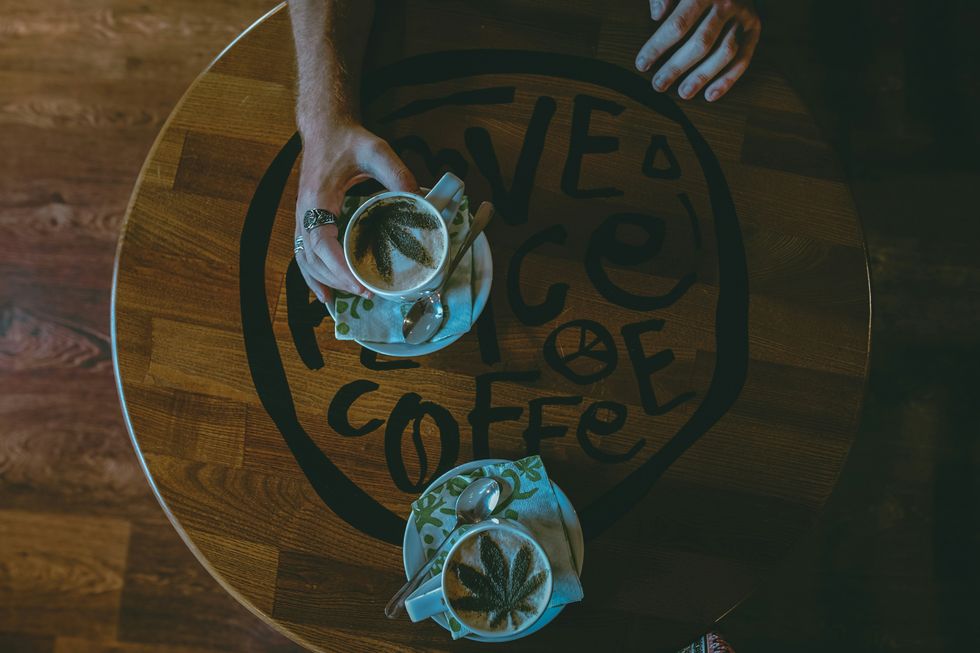 Coffee & Weed: A Modern Spin on the Hippie Speedball - The Bluntness
Photo by
Coffee & Weed: A Modern Spin on the Hippie Speedball - The Bluntness
Photo by 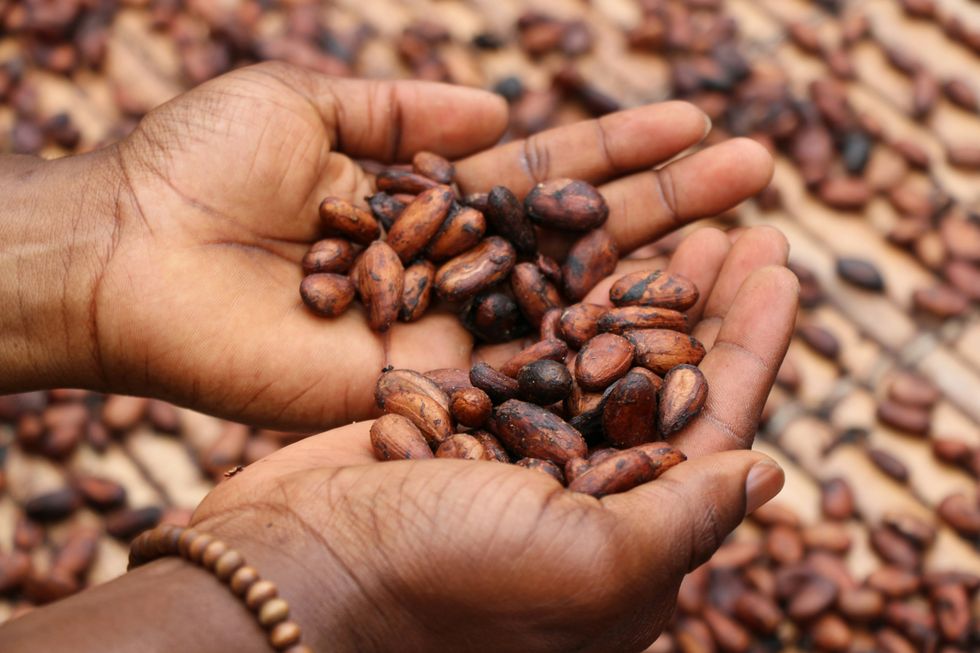 Coffee & Weed: A Modern Spin on the Hippie Speedball - The Bluntness
Photo by
Coffee & Weed: A Modern Spin on the Hippie Speedball - The Bluntness
Photo by 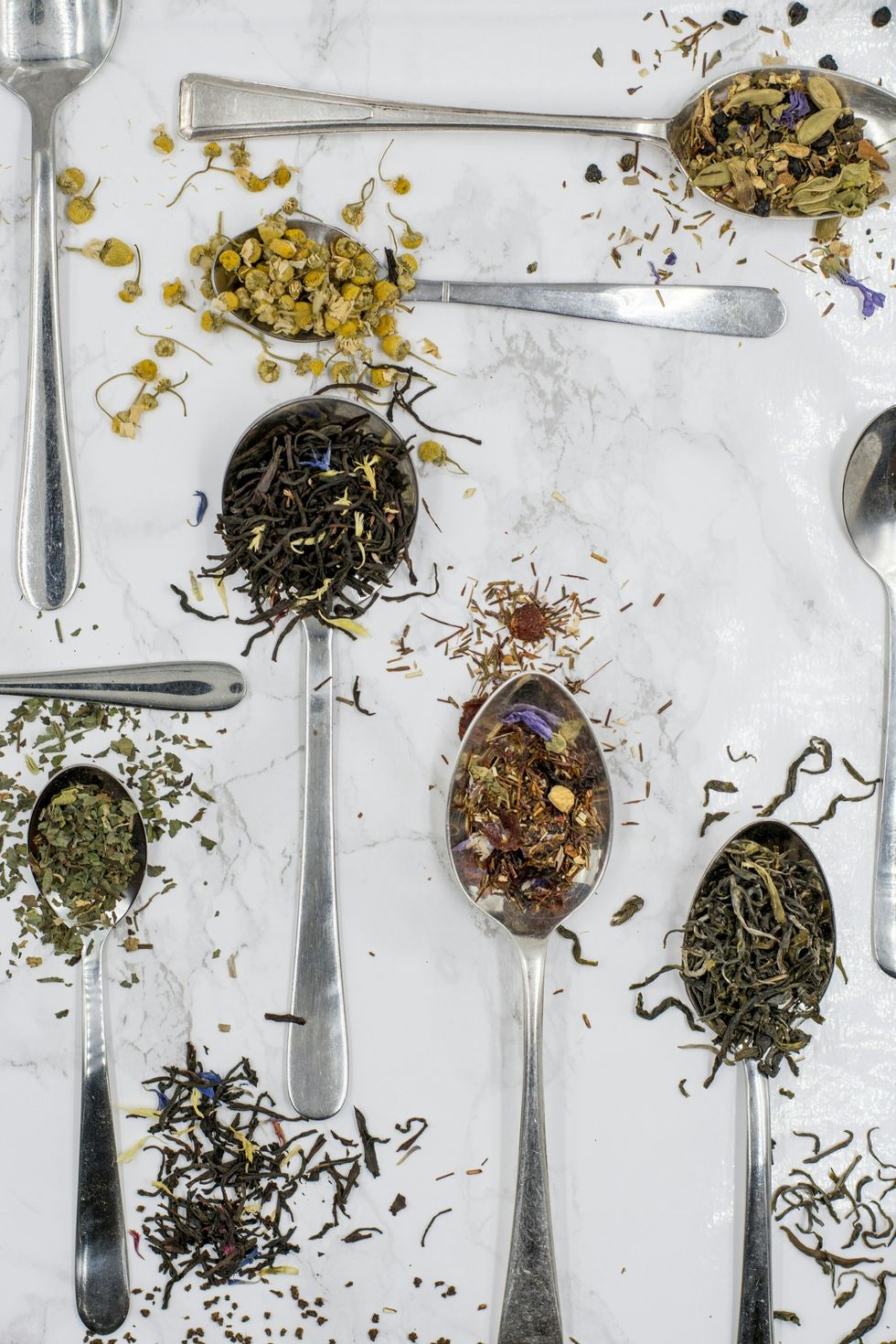 Coffee & Weed: A Modern Spin on the Hippie Speedball - The Bluntness
Photo by
Coffee & Weed: A Modern Spin on the Hippie Speedball - The Bluntness
Photo by 




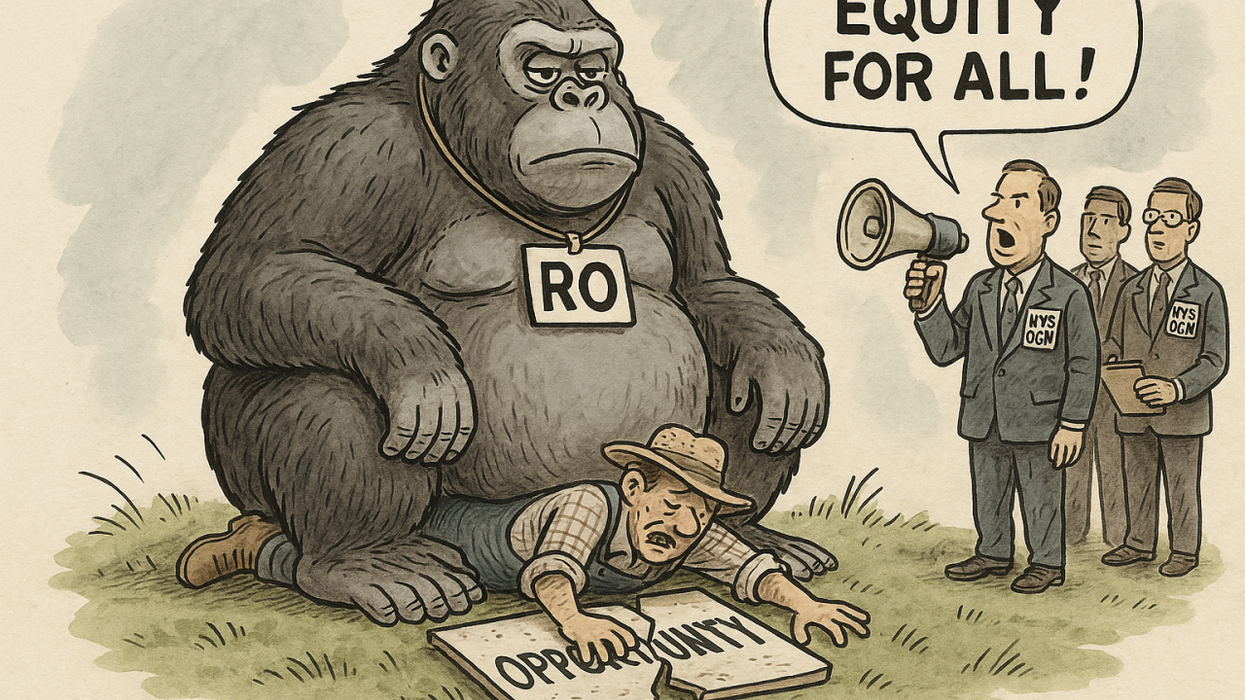

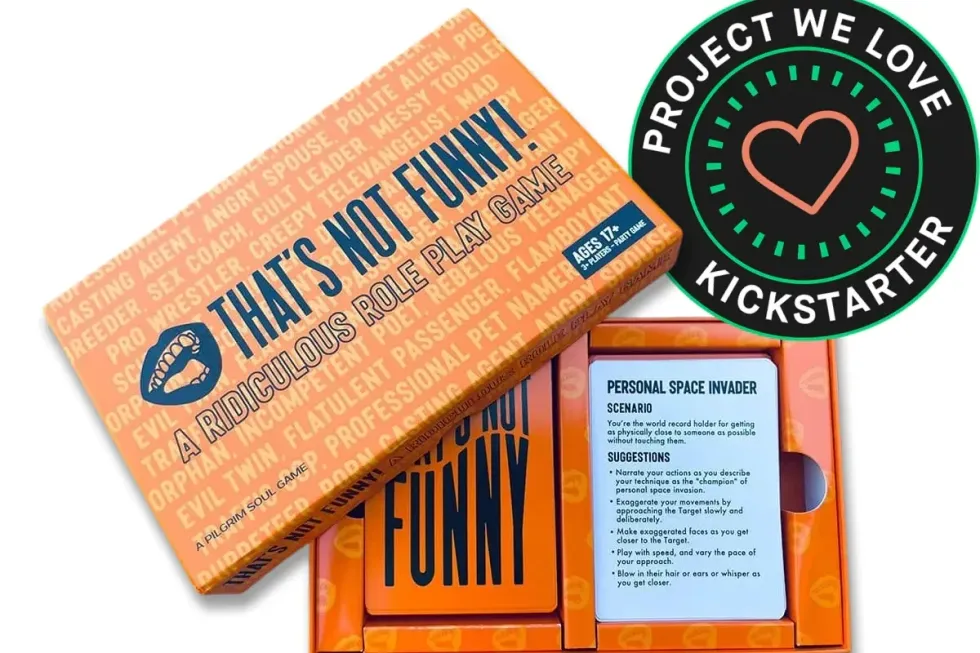
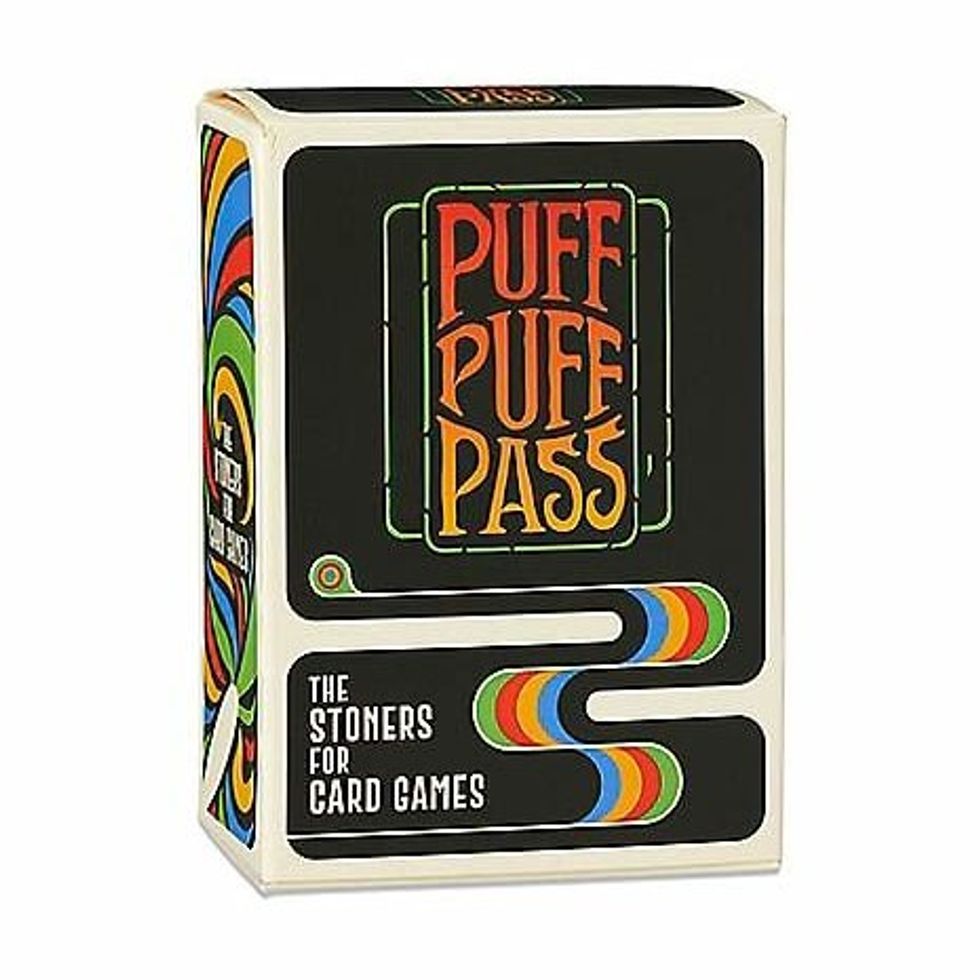
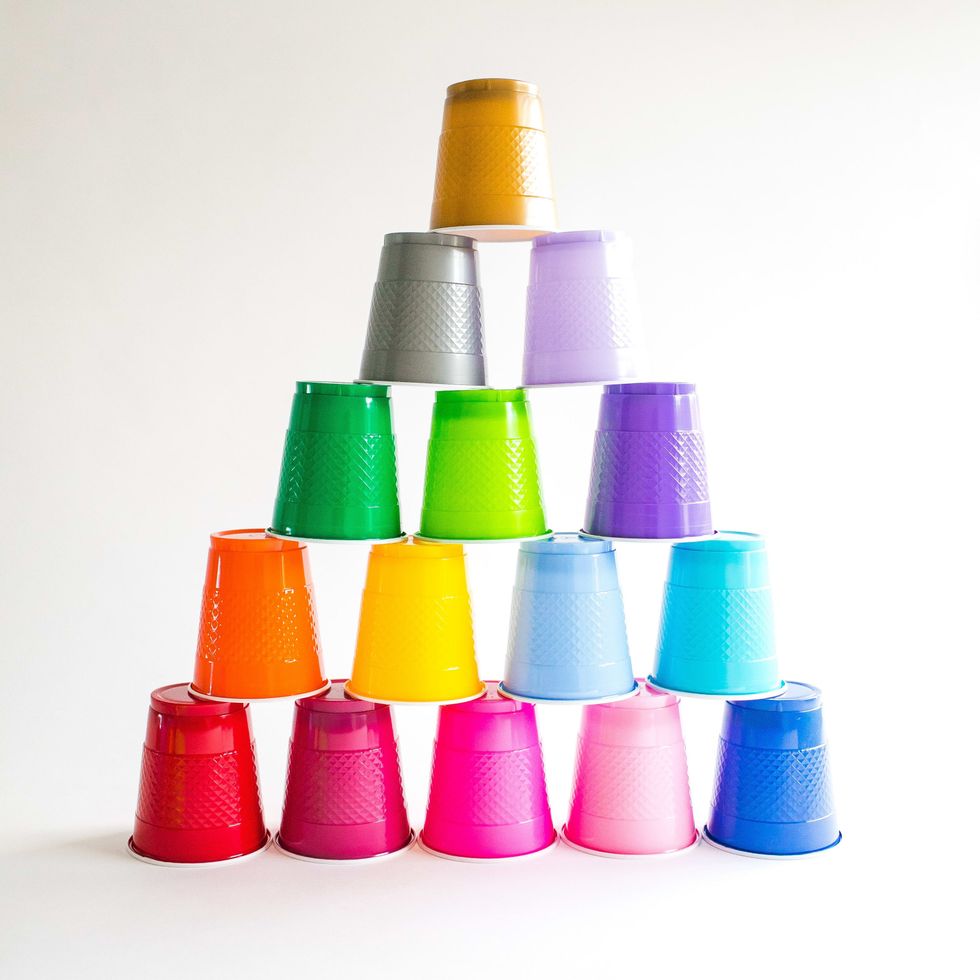
 Best Weed Smoking Games to Try - Jammin'
Best Weed Smoking Games to Try - Jammin'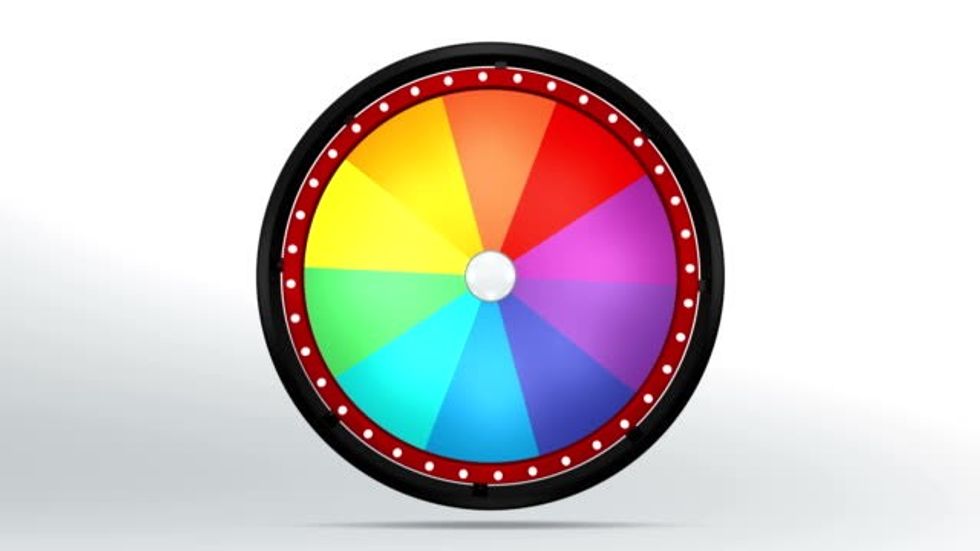 The 31 Best Weed Smoking Games To Try
The 31 Best Weed Smoking Games To Try The Best Weed Smoking Games
The Best Weed Smoking Games The Best Weed Smoking Games to Try
The Best Weed Smoking Games to Try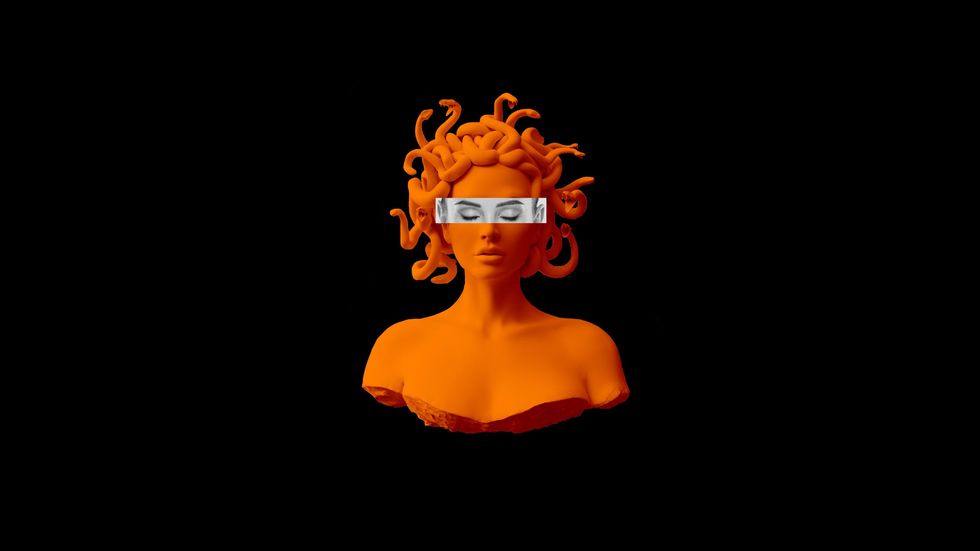
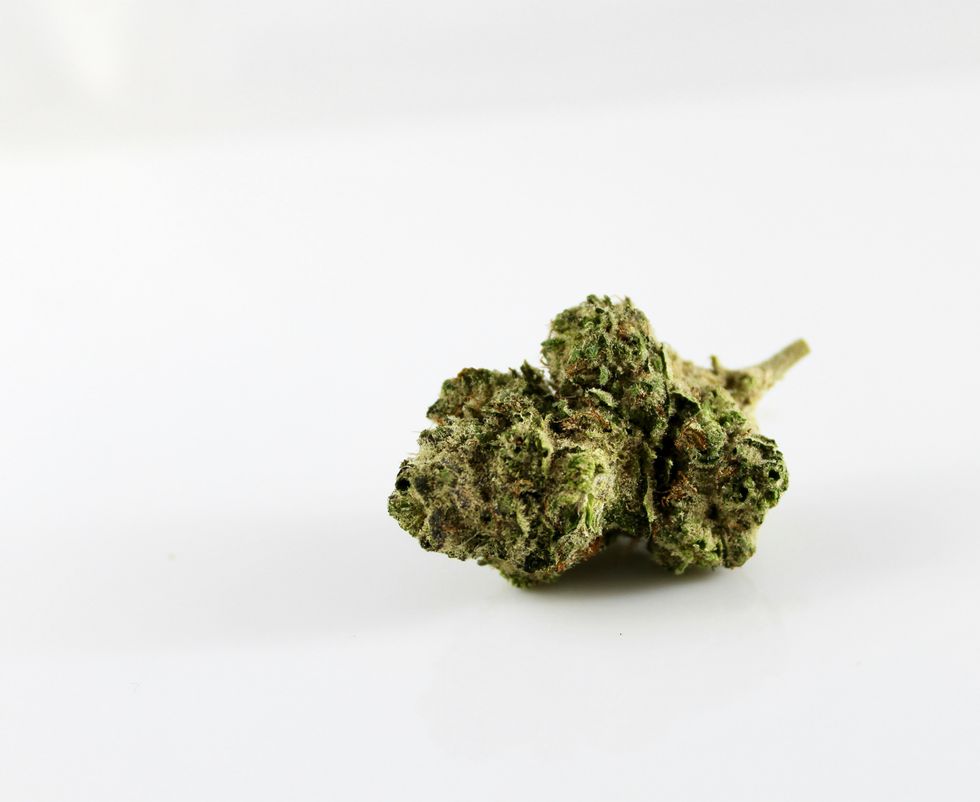
 Stoner Games - Games to Play While High
Stoner Games - Games to Play While High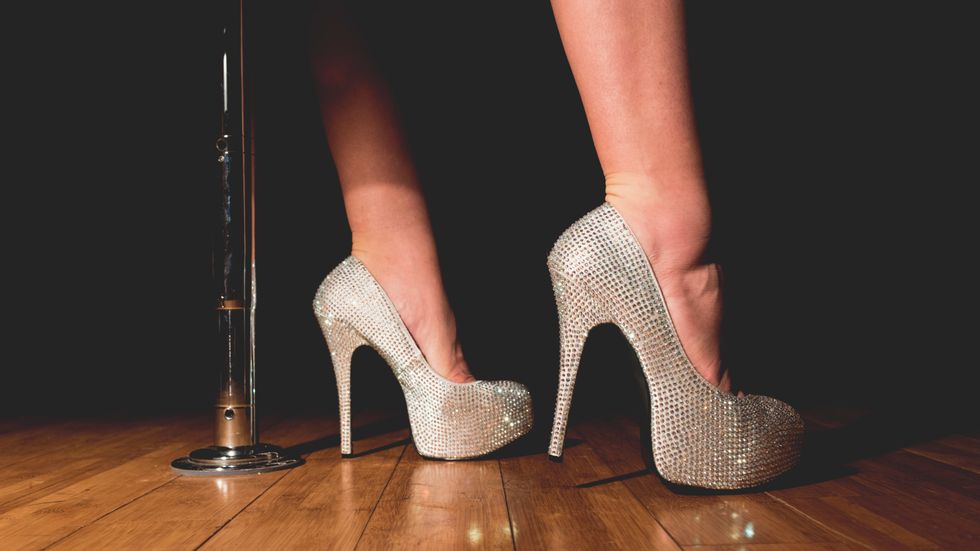 The Best Weed Smoking Games to Play
The Best Weed Smoking Games to Play The Best Weed Smoking Games to Try
The Best Weed Smoking Games to Try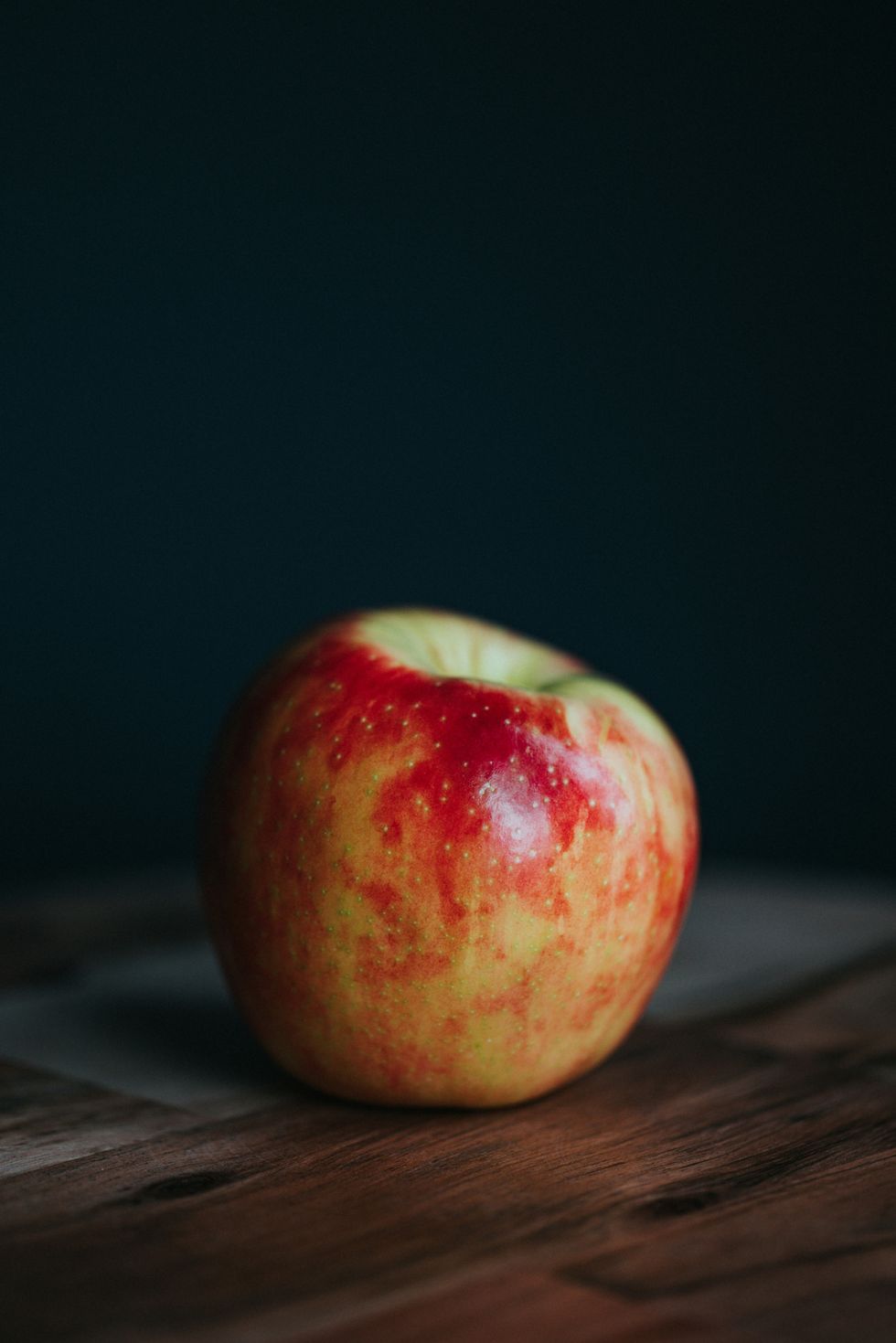
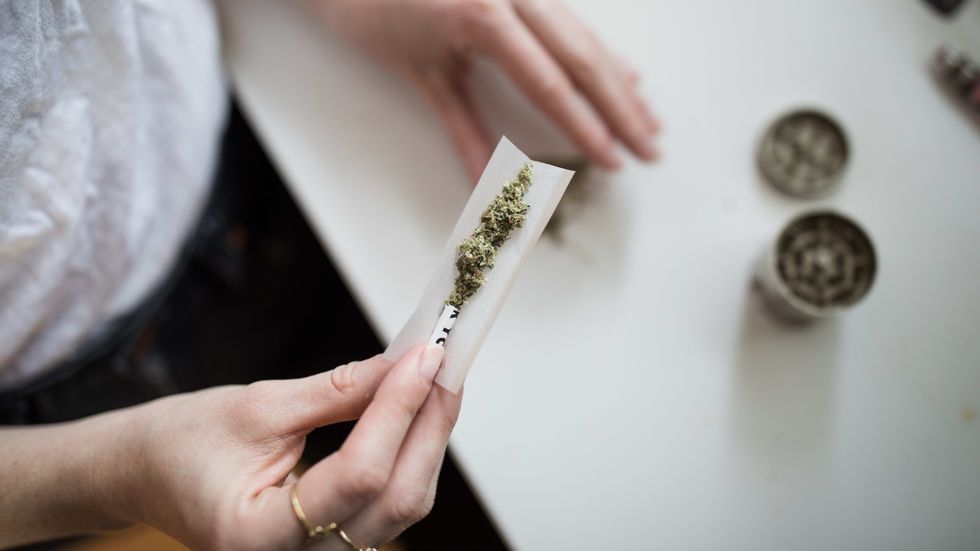 The Best Weed Smoking Games to Try
The Best Weed Smoking Games to Try
 The Best Weed Smoking Games to Play
The Best Weed Smoking Games to Play The Best Weed Games to Play
The Best Weed Games to Play The Best Weed Smoking Games to Try
The Best Weed Smoking Games to Try The Best Weed Smoking Games to Play
The Best Weed Smoking Games to Play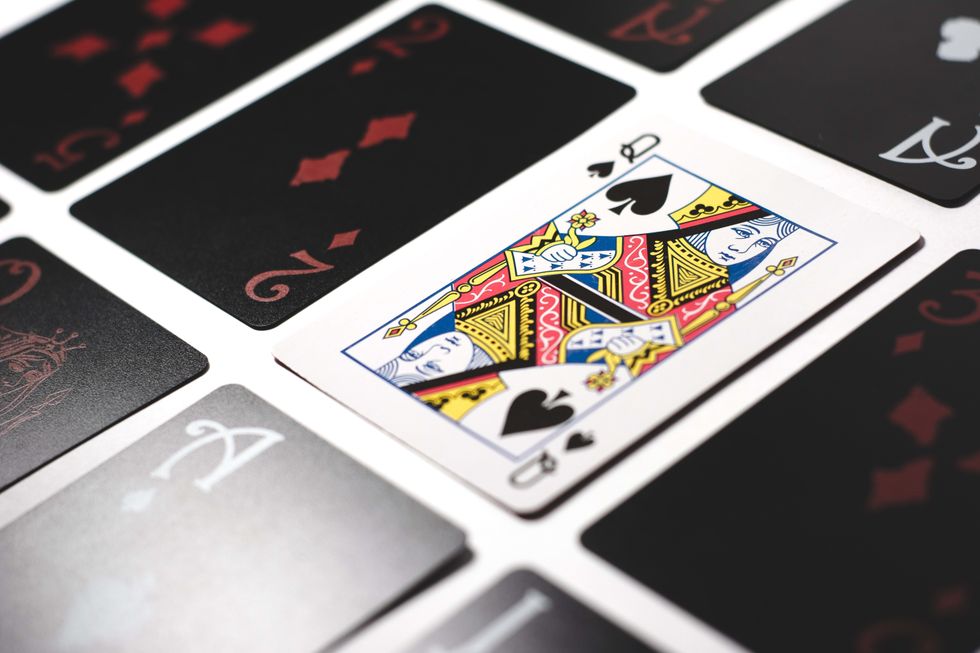 The Best Weed Smoking Games to Try
The Best Weed Smoking Games to Try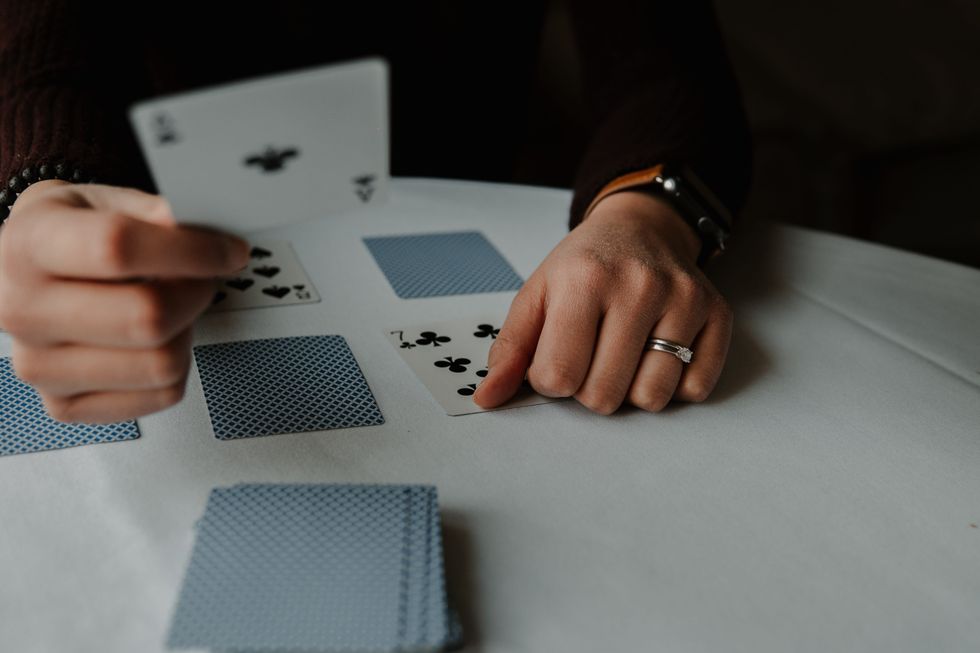 Games for Stoners
Games for Stoners 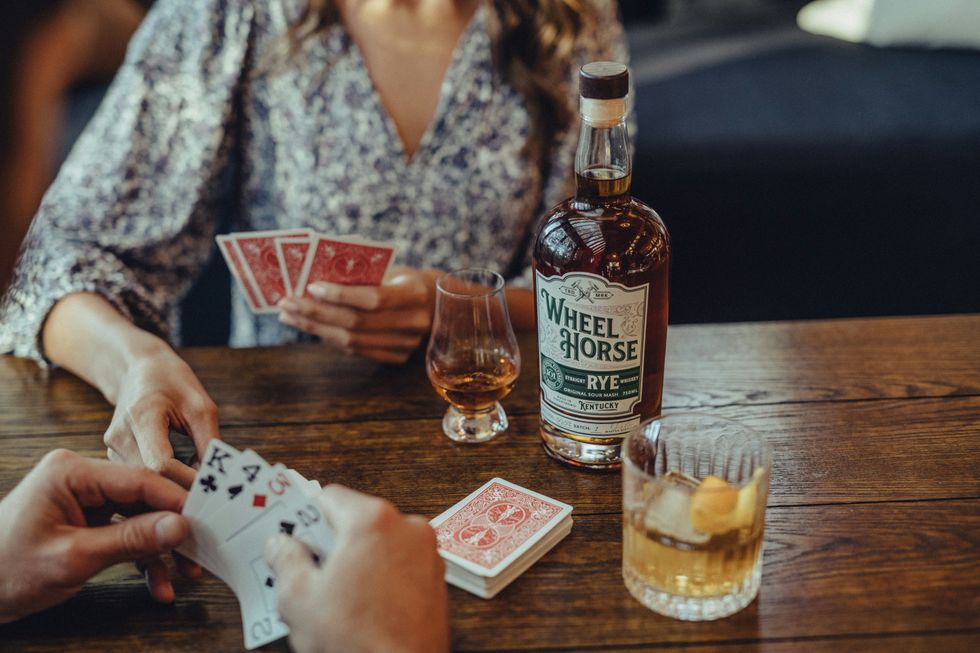 woman in white and blue floral shirt sitting beside woman in white and black floral shirtPhoto by
woman in white and blue floral shirt sitting beside woman in white and black floral shirtPhoto by 
 The Best Weed Smoking Games to Play
The Best Weed Smoking Games to Play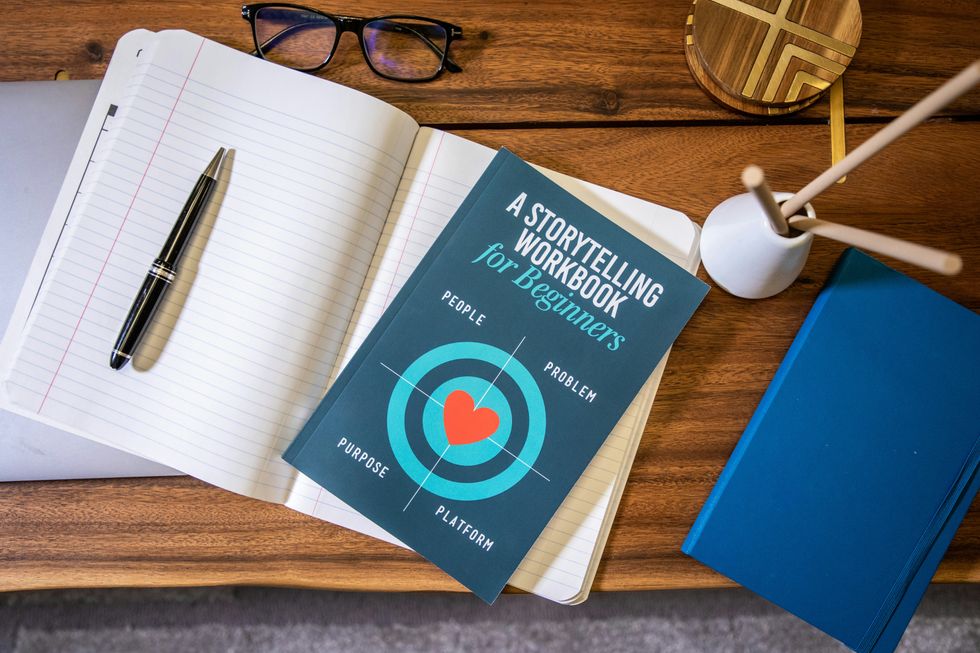
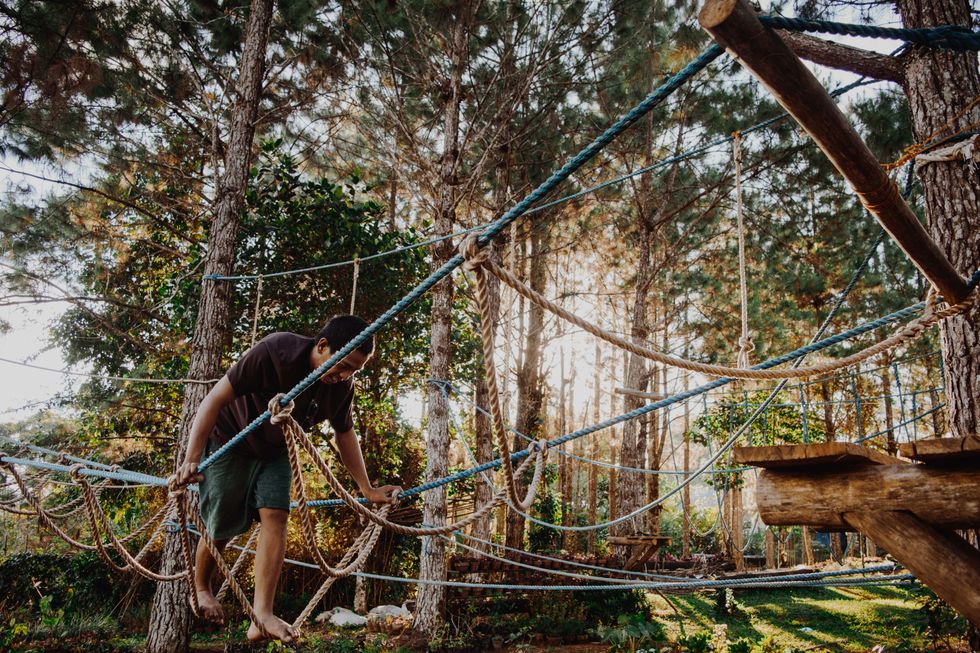 The Best Weed Smoking Games to Try
The Best Weed Smoking Games to Try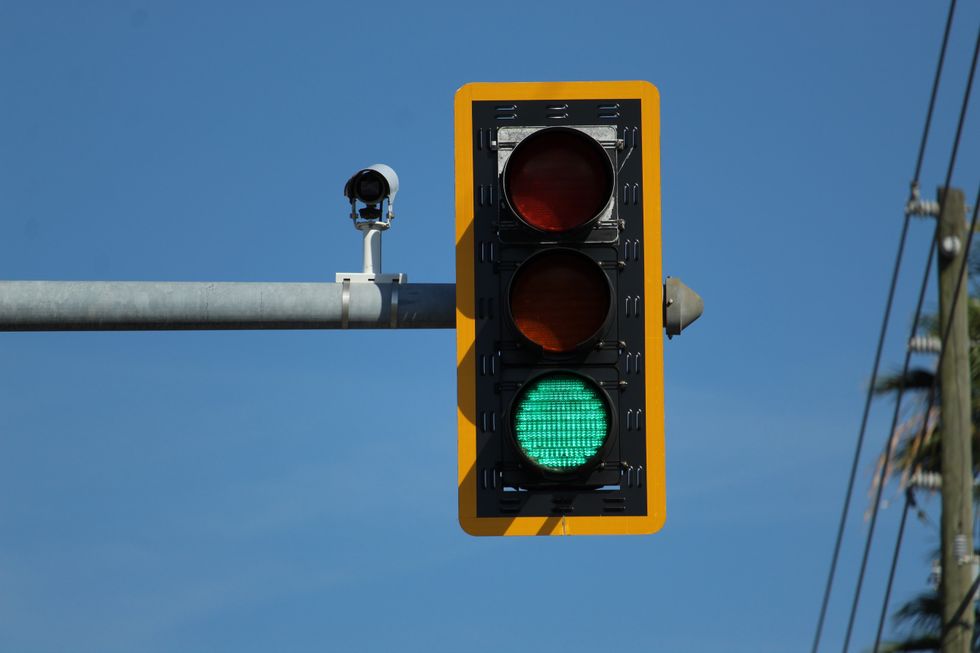 The Best Weed Smoking Games to Try
The Best Weed Smoking Games to Try world map with pinsPhoto by
world map with pinsPhoto by 
 The Best Weed Smoking Games to Try
The Best Weed Smoking Games to Try
 The Truth About THC Candle: Cannabis Candles & How to Make Your Own - The Bluntness
Photo by
The Truth About THC Candle: Cannabis Candles & How to Make Your Own - The Bluntness
Photo by 
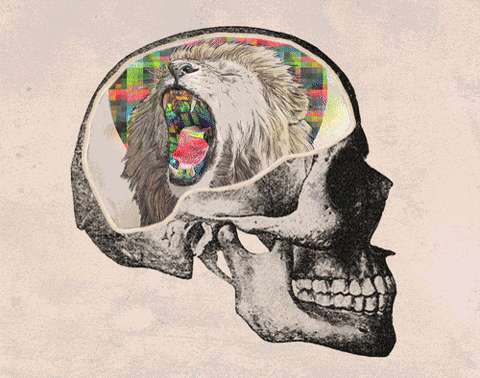
 Cannabis and Aging: A Groundbreaking Study Challenges Long-Held Beliefs
Photo by
Cannabis and Aging: A Groundbreaking Study Challenges Long-Held Beliefs
Photo by 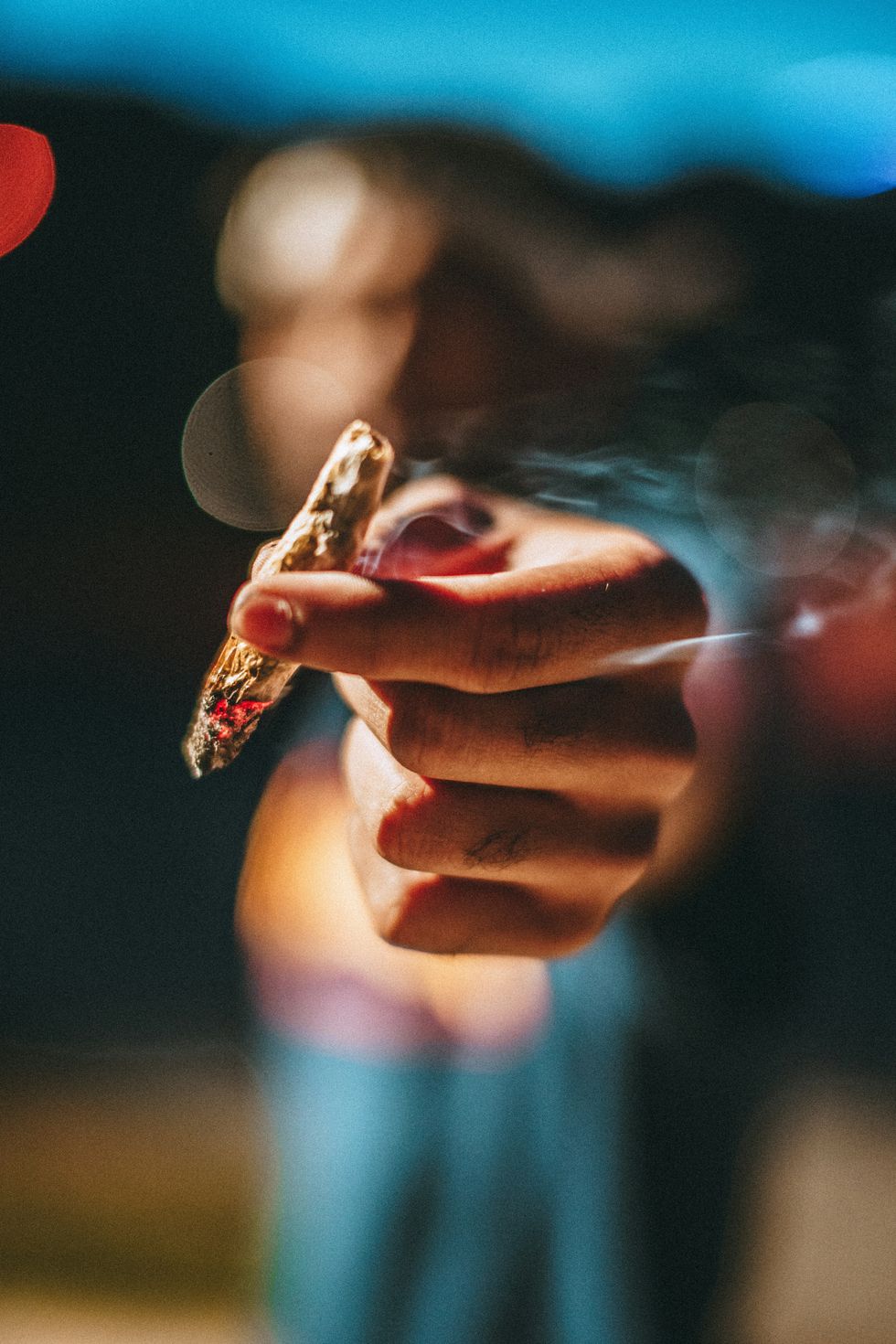 Cannabis and Aging: A Groundbreaking Study Challenges Long-Held Beliefs
Photo by
Cannabis and Aging: A Groundbreaking Study Challenges Long-Held Beliefs
Photo by